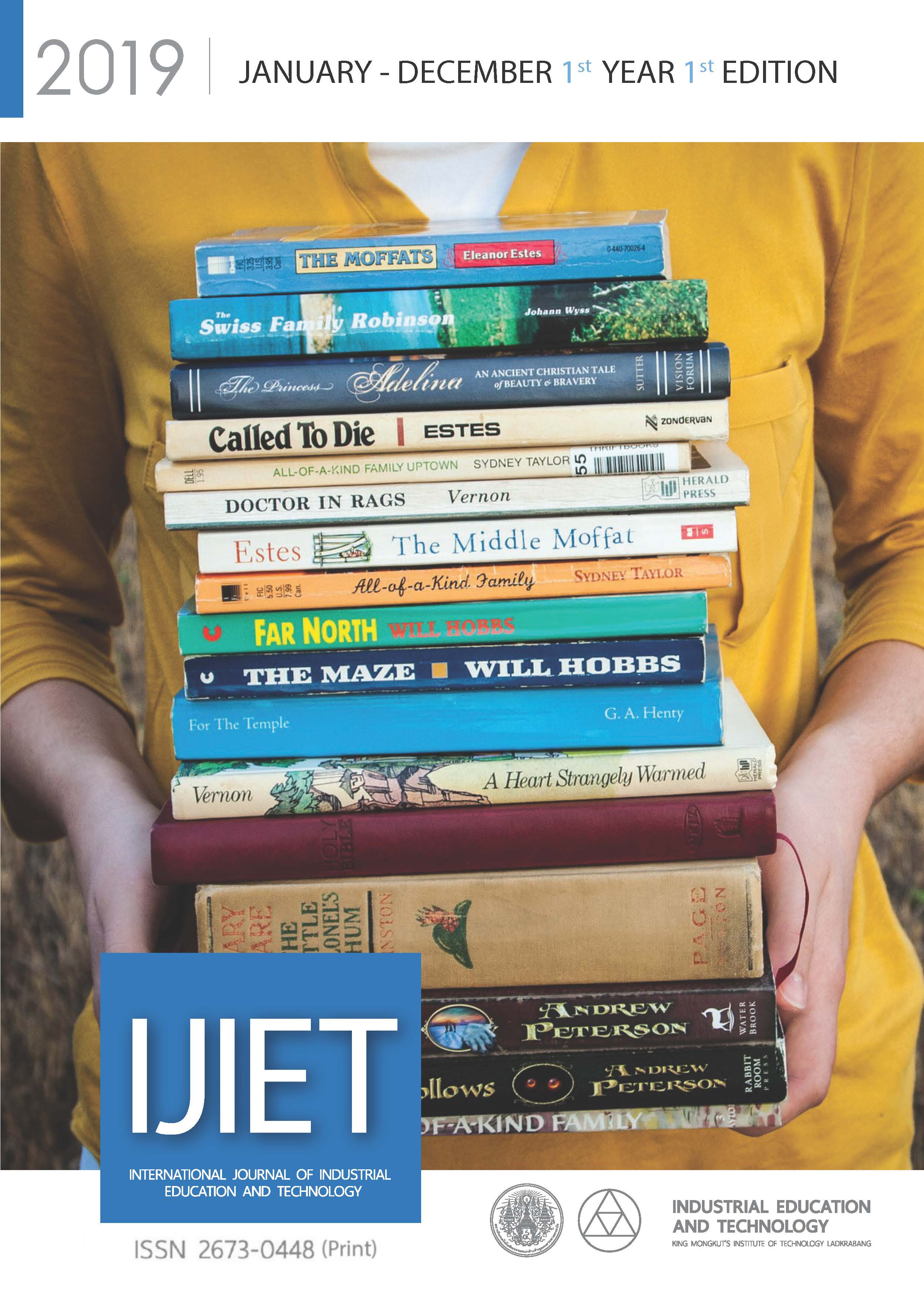A Coaching System to Improve Mathematics Achievement Through Development of Teacher Competencies
Keywords:
Coaching, Competencies, Education, Mathematics, Professional Development, TeachersAbstract
The modern era brings with it increasingly rapid advancements to which societies must adapt. Educational institutions worldwide face great competition and must accept the necessity to adapt and develop in order to meet current standards and needs. Thailand finds itself lagging behind not only western educational systems but also those of its Asian neighbors, many of which have achieved great success on the international stage. Much effort had been directed toward reforming the Thai educational system, but thus far very little progress has been made as these efforts largely fail to address the tendency to dogmatically defer to antiquated, rote philosophies and pedagogy. Customary to the country’s professional development of teachers are myriad short-term and one-shot activities lacking in necessary long-term vision and follow-up. More in-depth means of professional development, such as coaching, have not been widespread in their implementation. However, this is not due to any inherent failing in these processes but rather in the perception that they are difficult, or even impossible, to sustainably put into practice. Given a properly designed and, more importantly, properly supported system, coaching can indeed be a means through which institutions can strengthen the direct conduit through which they develop successful students and attain desired standards of performance and achievement, their teachers. Mathematics is regarded as a gateway towards understanding abstract concepts and critical thinking, skills valuable in mastering a number of subjects. Therefore, an effective coaching system coupled with a focus on mathematics can enable teachers to guide students to become more proficient learners. Using such a system, Bangpleepattanasuksalai School in Samutprakan, Thailand, was able to foster notable student achievement in mathematics by devising and putting into practice a coaching system to improve instructional practices and maintain high standards by developing its teachers’ competencies.
References
Birman, B.F., Desimone, L., Porter, A.C. & Garet, M.S. (2000) Designing professional development that works. Educational Leadership, 57(8), 28-33.
Cavendish, M. (2015). Problem solving in Singapore math. Retrieved May 28, 2015, from
Chien, C.W. (2013) Analysis of an instructional coach's role as elementary school language teachers'professional developer. Current Issues in Education, 16(1), 1-8.
Darling-Hammond, L.; Chung-Wei, R. and Andree, A. (2010). How high achieving countries develop great teachers. California: Stanford Center for Opportunity Policy in Education.
5 Garmston, R. (1987) How administrators support peer coaching. Educational Leadership, 44(5),18-28.
6 Jareeyawittiyanon, P. and Sriwattanatumma, I. (1990). Mathematics and national development. The Journal of The Institute for the Promotion of Teaching Science and Technology, 18(2). Retrieved June 21, 2015,
from http://www.school.net.th/library/snet2/paper/math_develop.htm
Joyce, B. & Showers, B. (1982) The coaching of teaching. Educational Leadership, 40(1), 4-10.
Knight, J. (2007). Instructional coaching: A partnership approach to improving instruction. California: Corwin Press.
Knight, J. (2009) Coaching. Journal of Staff Development, 30(1), 18-22.
Lord, P.; Atkinson, M. and Mitchell, H. (2008). Mentoring and coaching for professionals: a study of the research evidence. UK: National Foundation for Educational Research.
Makanong, A. (2010). “Mathematical skills and processes: develop for development,” Bangkok, Thailand: Chulalongkorn University Press, 2010.
Robbins, P. (1991) How to plan and implement a peer coaching program. Retrieved September 28, 2015, from http://goo.gl/msTZkS
Thailand Development Research Institute. (2012). Much learning, but low scores. Retrieved May 28, 2015, from http://www.qlf.or.th/Home/Contents/247



